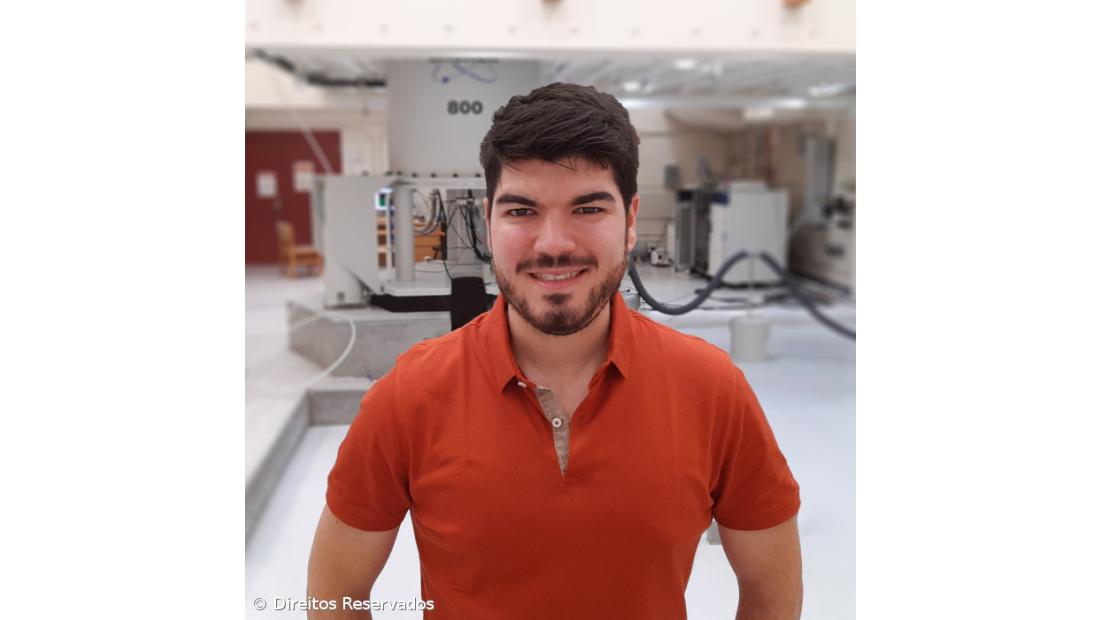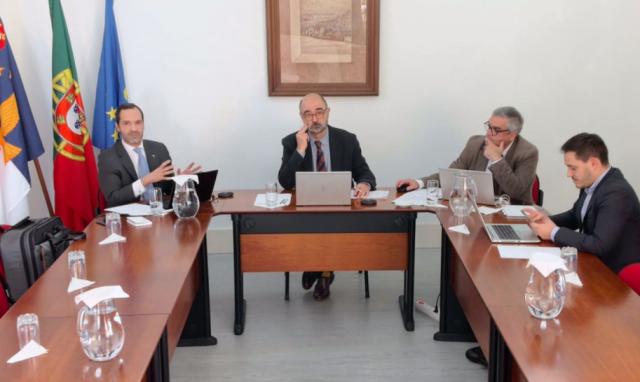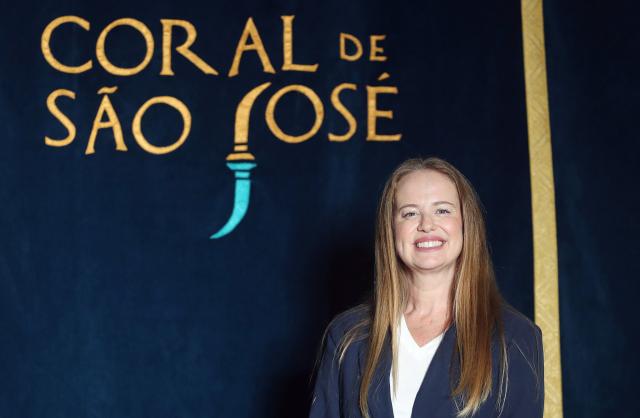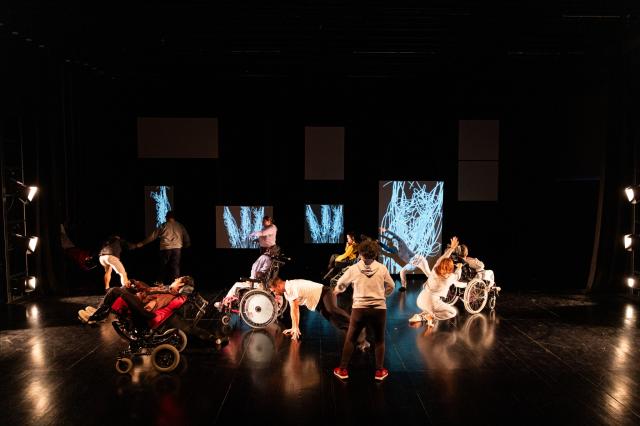João Medeiros Silva, a researcher in structural biophysics at the Massachusetts Institute of Technology (MIT) in Boston, published a study in October in the journal Science Advances in which he describes the molecular structure and functioning of the E protein of SARS-CoV-2, helping to make it easier to find a drug that blocks the E protein of the coronavirus, thus preventing calcium dysregulation and acute inflammation in the body.
A native of Porto Formoso and a former student at Ribeira Grande Secondary School, João Medeiros Silva, 32, reveals in an interview with Açoriano Oriental what the research that has now been published consists of, as well as his career path.
What does this study consist of? What added value will it bring in the future?
The study consisted of describing the molecular structure and functioning of one of the SARS-CoV-2 proteins, i.e. the Covid-19 coronavirus. The importance of the result is that this protein, called protein E, is strongly involved in the high levels of inflammation in infected people. So, by understanding how protein E works, it is now possible to find a way to block it with a drug, for example. For this discovery, I developed Nuclear Magnetic Resonance techniques that allowed me to unravel the functioning of protein E with atomic resolution, concluding that the protein reacts to the presence of acidity and calcium ions.
Under these conditions, the protein opens up to transport calcium and protons into the cells, thus causing inflammation. With this information, it is now much easier to find a drug that can block coronavirus protein E, thus preventing calcium dysregulation and acute inflammation in the body. There are already several laboratories trying to develop drugs that aim to reduce acute inflammation in Covid-19 patients through this E protein.
So far, the core properties of the E protein have been maintained in all variants of the virus, so the new drugs that are discovered could be viable for the treatment of Covid-19 for years to come. The methods and procedures that have been developed will also facilitate the study of proteins like E in other coronaviruses, but also in influenza and Hepatitis C viruses.
How did your interest in biochemistry come about and what made you choose this field?
During secondary school, the subjects that most excited me were mathematics, physical chemistry and biology. I couldn't decide which area to pursue, but biochemistry seemed like a good choice because it was at the interface of those subjects. Even after studying biochemistry, I was still undecided, so during my master's degree I explored organic chemistry and during my doctorate, biophysics. I would say that, above all, I am fascinated by the possibility of building new substances and materials, and exploring the world on a very small scale, from a microbe to the nucleus of an atom.
After finishing your degree, was pursuing a career as a researcher the realization of what you wanted to do?
When I finished my degree, I felt that I wanted to start something relevant, both for myself and for the community, whether in the private sector or in academia. I chose to be a university researcher because this position allows me to pursue ideas that don't necessarily have a commercial application. This allows me to conduct my research with all my creative freedom, as long as it produces relevant results. For example, during my PhD, I developed a procedure to study how certain antibiotics work.
In itself, this procedure has no direct medicinal application, but it is already being used by other researchers and pharmaceutical companies to develop new antibiotics in the future. The second reason that led me to the academic sector is teaching, as I really enjoy training new scientists and talking about science. Even so, I warn aspiring young people that the academic sector is very challenging in the early stages, due to the competitiveness, insecurity and instability of a researcher's position.
Your journey may inspire other young people to follow their dreams in research. What message would you like to give them?
I think aspiring researchers are curious, enthusiastic, have a strong conviction in their goals and have a reflective spirit. In my experience, these characteristics are more valuable than intelligence. In general, I recommend all young people to be proactive. In the case of research, contact teachers, laboratories or workshops and ask if there is any availability for gaining experience and technical skills. This will help you better understand the content of classes and will develop your CV and networks.
For young people who are already doing research, be persistent; most of the experiments we do in the lab do not work on the first or second try. The trick is to fail quickly with preliminary tests. And, as Louis Pasteur tells us, luck happens to those who are attentive to discovery. Finally, I want to assure you that anyone with perseverance can become a researcher, regardless of their gender, ethnicity or social class. Stephen Hawking became one of the most celebrated physicists of the last century, even with his physical limitations. Tomas Lindahl won the Nobel Prize for Chemistry, having failed chemistry in high school.
Researcher Katalin Karikó was under enormous pressure to give up her research, but her strong conviction culminated in her mRNA vaccines against Covid-19 and her being awarded the Nobel Prize for Medicine in 2023. So do not think that research is only successful for others; despite your own challenges, you can be successful too.







